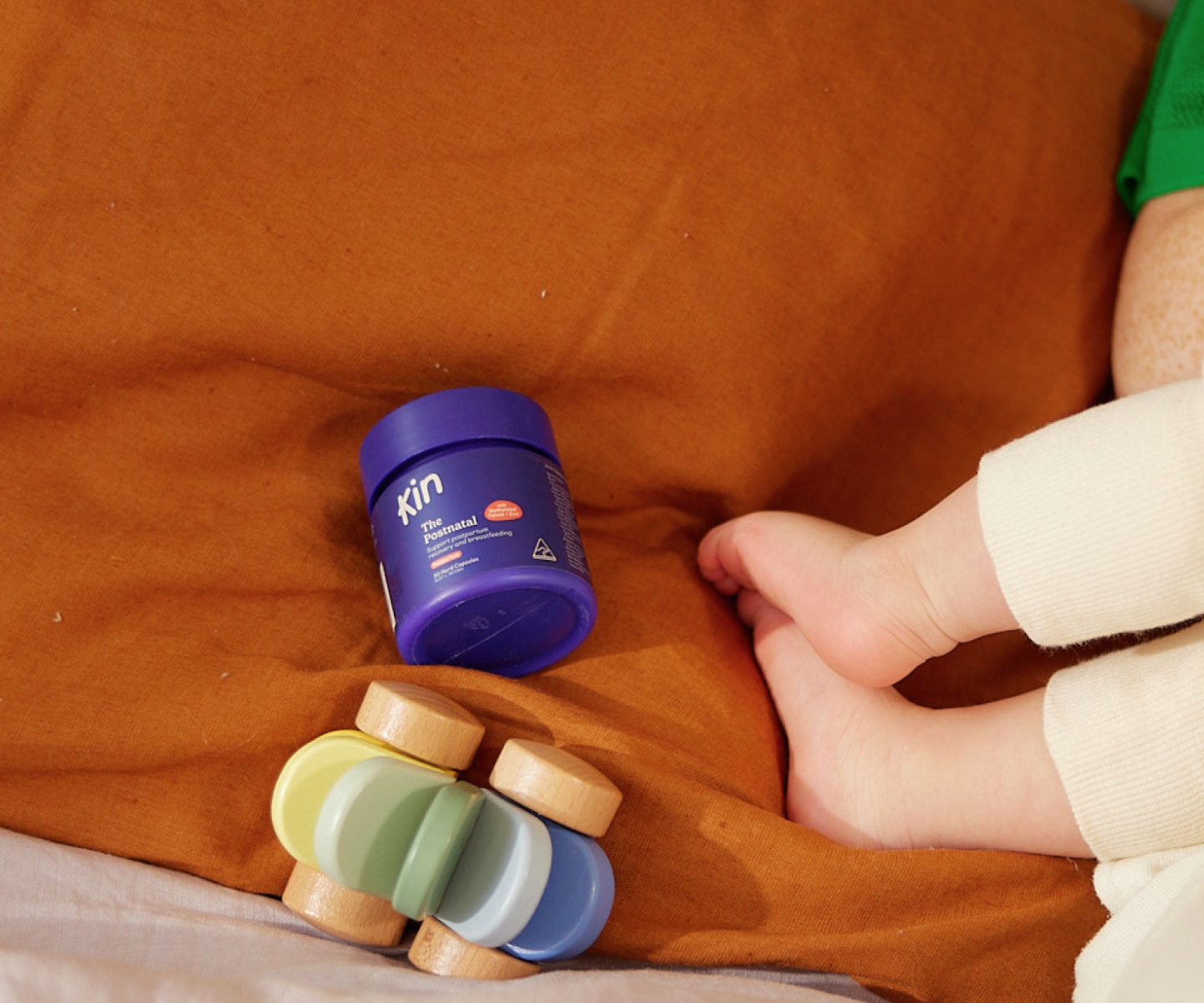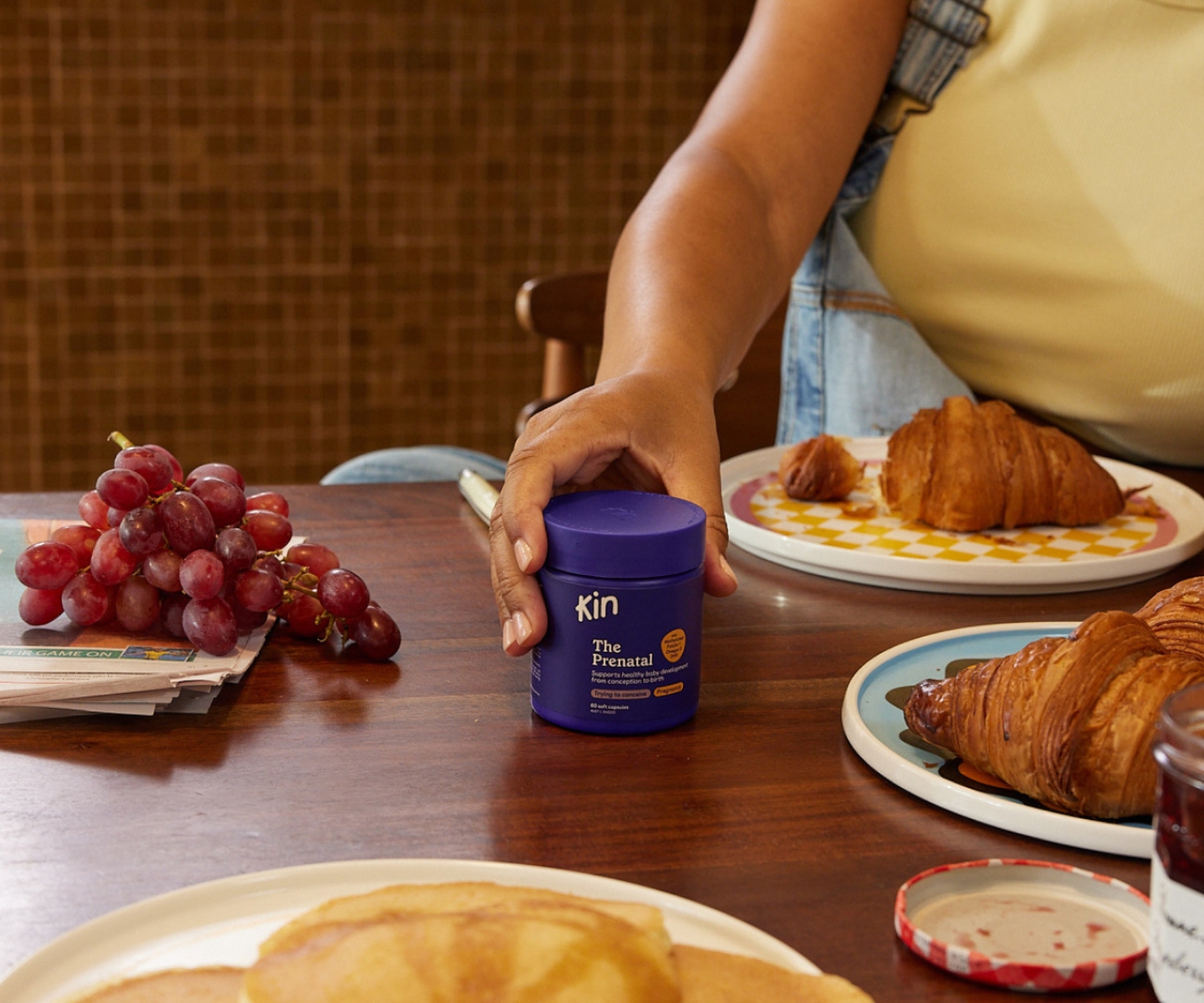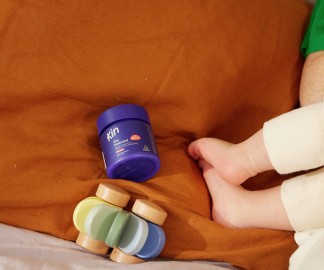
There’s no doubt that conception, pregnancy, birth and the postpartum period can be very demanding on the body — there is a lot going on in each of these phases.
As such, it’s important to prioritise your nutritional needs to ensure you’re taking care of yourself and in turn, laying the groundwork for a healthy journey to parenthood.
An easy way to support your intake of vitamins and minerals is through prenatal and postnatal vitamins.
These supplements are formulated to deliver optimal amounts of nutrients to both mother and baby and assist with growth, development and recovery.
So, let’s dive into all things prenatal and postnatal vitamins, why they are essential for different life stages and when to take these supplements.
What Are Prenatal Vitamins?
During pregnancy, both mum and baby have specific nutritional needs.
In fact, a pregnant person often needs much higher amounts of vitamins and minerals than a non-pregnant person — and this is where prenatal vitamins come in.
These supplements are designed to deliver high-quality ingredients in optimal amounts to support both the health of the pregnant person and support the promote the development of the baby.
This is the key difference between prenatal vitamins and a standard multivitamin — the former is developed to aid foetal growth and support a healthy pregnancy while the latter is designed to assist with daily health.
Why Are Prenatals Important?

Now that we’ve established what prenatals are, let’s look at why they are so important.
For starters, these supplements contain a number of essential nutrients that can be difficult to obtain from food alone.
Plus, if you’re dealing with regular morning sickness and finding it hard to keep food down or eat a variety of things, meeting your needs through fruits, veggies, protein and whole grains can feel impossible — plain, beige foods are often the easiest to stomach if you’re dealing with nausea.
Two of the most common nutrients included in many prenatal formulations are folate and iron.
Why this duo? Well, both are needed in specific amounts for both the baby and the parent.
Folate, for example, is important as it’s involved in the development of the baby’s brain and spinal cord.
In fact, research has found that adequate folate intake can help protect against neural tube birth defects.
Iron, on the other hand, is important for the parent as maternal blood volume increases by 45% during pregnancy.
There is also a significant increase in oxygen demand during pregnancy and iron supplementation can help build new red blood cells that carry oxygen throughout the body.
These are just examples of two critical nutrients — there are many more that are considered to be just as important for both mum and baby.
The Kin The Prenatal 60 Capsules for example, is formulated by dietitians with 12 bioavailable ingredients like folate, omega-3, iron, iodine and choline.
This formulation supports your nutritional requirements during the crucial developmental stages of pregnancy.





